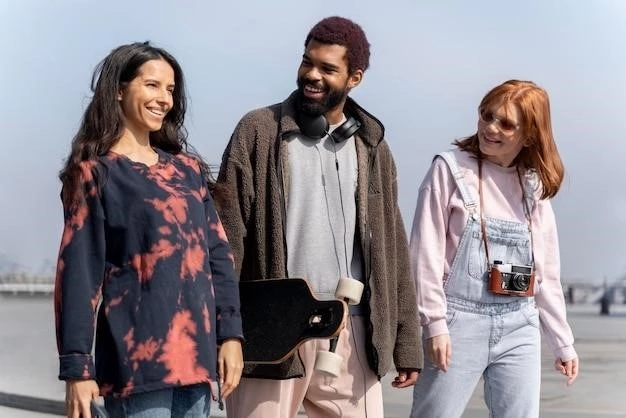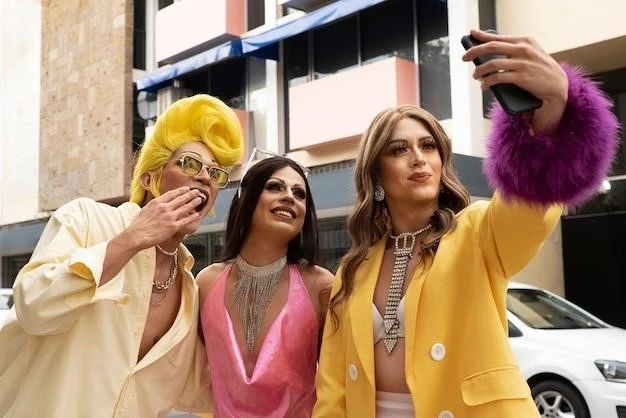The Globalization of Fashion: Cultural Influences and Trends
Fashion, a constantly evolving reflection of our times, has become increasingly globalized. It’s no longer just about the latest trends from Paris or Milan; it’s a vibrant tapestry woven with threads from diverse cultures, each contributing to the rich fabric of contemporary style. As someone who has always been passionate about fashion, I’ve witnessed firsthand how cultural influences have reshaped the industry, creating a truly globalized landscape.

From Runway to Reality: The Interplay of Cultures
My journey into the world of fashion began with a fascination for traditional Indian textiles. I remember being captivated by the intricate handloom sarees, the vibrant colors, and the stories woven into each thread. This early exposure sparked my interest in the diverse cultural influences on fashion. I realized that fashion wasn’t just about clothes; it was a powerful symbol of identity, heritage, and cultural expression.
Over the years, I’ve seen how global fashion houses have embraced these cultural influences. Take, for instance, the rise of Japanese street style, with its blend of avant-garde and subcultural elements. Brands like Comme des Garçons and Yohji Yamamoto have brought this unique aesthetic to the international stage, inspiring a generation of fashion enthusiasts. Similarly, the influence of African print fabrics, with their bold patterns and vibrant colors, has become increasingly prominent in global fashion, seen in everything from high-end designer collections to street-style trends.
The Power of Collaboration and Innovation
The globalization of fashion has also led to a surge in collaborations and partnerships between designers and artisans from different parts of the world. This cross-cultural exchange has fostered innovation and creativity, resulting in truly unique and inspiring fashion creations. I recently attended a fashion show in Tokyo where a Japanese designer had collaborated with a Peruvian textile artist. The result was a stunning collection that seamlessly blended traditional Andean patterns with modern silhouettes, showcasing the beauty of cultural fusion.

Challenges and Opportunities
The globalization of fashion also presents challenges. One of the most pressing concerns is the ethical sourcing of materials and the fair treatment of workers in the fashion industry. As a conscious consumer, I am committed to supporting brands that prioritize ethical practices and sustainable production methods. I believe that by choosing sustainable options and supporting ethical brands, we can contribute to a more responsible and just fashion industry.
Despite the challenges, the globalization of fashion offers incredible opportunities for cultural exchange, innovation, and empowerment. As fashion continues to evolve, it will be fascinating to see how diverse cultures continue to shape and influence the future of this dynamic industry. I’m excited to be part of this journey, embracing the beauty and diversity that the global fashion landscape offers.










